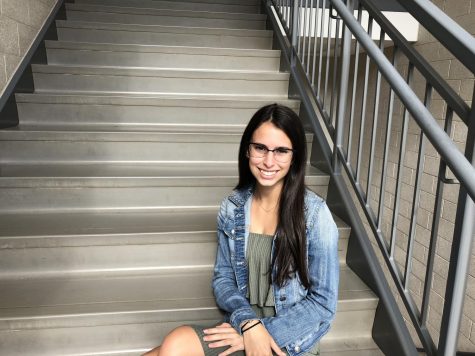Caffeine: initial boost, long-term detriment to students
April 5, 2016
Caffeine can feel great in the morning for many students after that long night of relentless homework and lack of sleep. But the effects students find reliable, may also be harmful to their health.
“Anything in moderation is usually fine,” school nurse Justine Fishman said. “There’s nothing wrong with a little bit of coffee. The problem exists when you use coffee as a stimulant in order to stay awake or to be more alert and become dependent on it; that’s an issue.”
According to the National Sleep Foundation’s website, about seventy percent of teenagers don’t get enough sleep. A lack of sleep can limit students’ ability to learn, listen, concentrate, and solve problems throughout the school day, thus resulting in daytime sleepiness.
“It’s [caffeine ingestion] really not a huge health concern until they start needing to use it to be awake and alert,” Fishman said. “That’s when it becomes not just a physical dependency, but also a psychological dependency, and that’s an issue. It’s difficult to start that sort of dependency so young in life.”
Coffee helps some students stay alert throughout the day, while others are still tired despite the caffeine.
“If I don’t get coffee in the morning, I feel more tired than usual,” freshman Caroline Lambert said. “It feels like I miss out on my morning routine.”
Even some teachers share the same reliability on caffeine with students.
“I get a headache later in the day if I don’t [drink coffee],” substitute teacher Jennifer Wigs said.
Caffeine can give students the boost of energy they need in the moment they need it, but at the same time, it can take away the ability to sleep well at night.
“It’s [coffee] impacting their sleep cycles and it’s affecting their learning,” health and fitness teacher Melissa Fustino said.
“All the sugar in caffeine [drinks] isn’t good for you individually,” Fustino said.
Principal Tom Mead acknowledges that while caffeine detriments, it’s up to students to decide whether it’s right for them.
“It [drinking caffeine] has to do with freedom of choice,” Mead said.
“It also has to do with customs and practices from home… I think that should be a conversation students have with their parents,” Mead said.











Paula • Apr 6, 2016 at 12:55 pm
Great article.